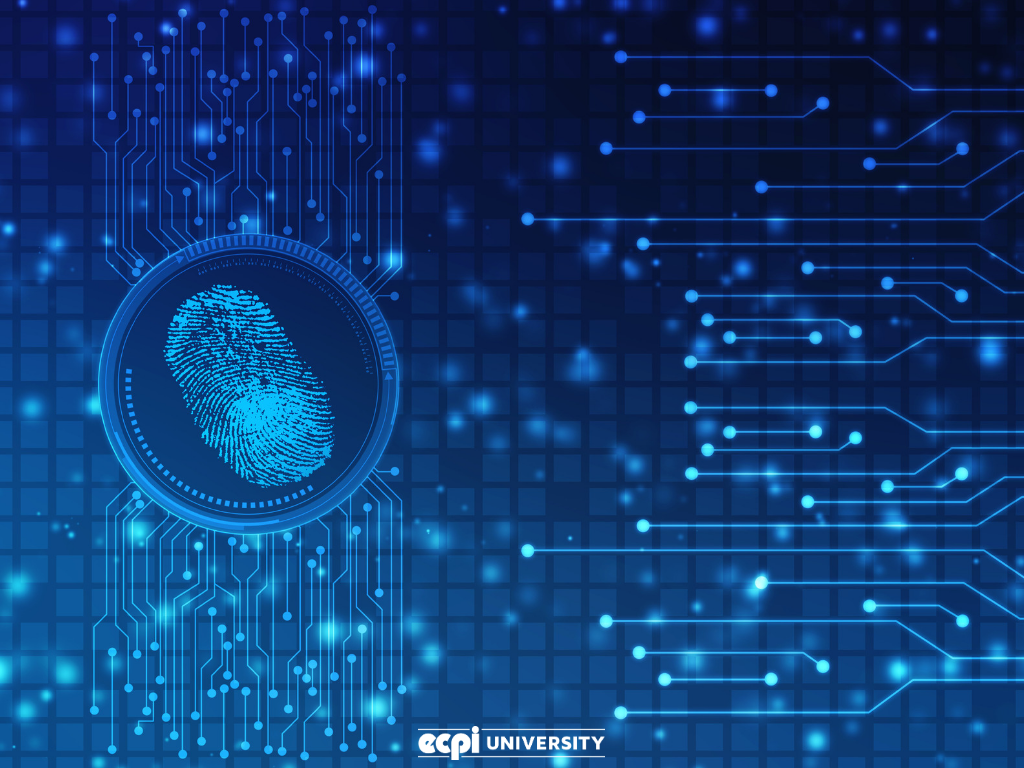What is Intelligence Analysis in the Criminal Justice System?
What comes to mind when you think of federal investigators? For most people, it is the much-popularized movie characters. This includes people who are full of bravado and can infiltrate even the most complex criminal organizations. This is true for some federal spies. However, there is more to investigative work than the audaciousness portrayed by films and TV shows.
In the real world, majority of the investigative work falls on the intelligence analysts. They are the individuals who sift through countless volumes of data and come up with conclusive, verifiable facts to identify and stop criminal activities. Their work helps to put numerous dangerous criminals behind bars leaving behind a safer country. How does that sound? Let us take a look at how intelligence analysts work and how you can become one.
What is Intelligence Analysis and what is its Relation to the Criminal Justice System?
Intelligence analysis is the collection, breakdown and assessment of information. The information is then used to offer advice and suggestions to deal with crime. The Central Intelligence Agency (CIA) defines it as the application of collective and individual cognitive methods to weigh data and test hypotheses.
If intelligence is mainly used to inform military decisions, why is it needed domestically? Within the nation, this work is referred to as criminal intelligence analysis. It involves the collection, compilation, and or dissemination of information to anticipate, prevent or monitor criminal activity. The key to stopping crimes is understanding criminal behavior.
How Important is Intelligence Analysis to Solving and Deterring Crimes?
The advent of criminal intelligence analysis tied directly to the transformation of individual crime into group and organized crime. United Nations Office on Drugs and Crime (UNODC) outlines how organized crime has evolved since the last century. The modern criminal groups have well-developed organizational structures with the aim of obtaining power and wealth.
Their activities include trafficking of weapons, human beings, and drugs, fraud, extortion and murder in a more sophisticated and dynamic manner. As such, law enforcement has a constant challenge to always be prepared for the sophisticated criminal activities.
This is where criminal intelligence analysis comes in. It allows for the use of assertive, forward-looking and highly comprehensive strategies to monitor, anticipate, and prevent criminal activities. Law enforcement agencies are able to better protect the nation and its communities by relying on the arsenal of information offered.
Law enforcement officers rely on criminal intelligence analysis to establish pro-active responses to criminal activities. They are able to identify and comprehend criminal groups operating in their regions. Once they study the criminals' habits, law enforcement officers begin to forecast, monitor, and hamper the development of perceived future criminal activities.
Intelligence allows law enforcement officers to know and choose the most appropriate criminal threats. In such a manner, they are able to efficiently manage their resources, budget, and meet their crime prevention objectives.
What is a Career in Intelligence Analysis Like?
When you start the job as a beginner with limited experience, you will be enlisted in as a level 1 analyst with the following responsibilities:
- Assisting in technical analysis
- Gathering and categorizing data
- Cross-referencing filing methods
- Typing and recording investigations
- Compiling criminal reports
- Problem and target profiling
- Acting as a witness in court
With more experience, you advance to become a level 2 analyst tasked with the following:
- Evaluation of intelligence
- Supervising other intelligence personnel
- Gathering and analyzing intelligence
- Organizing and presenting facts
- Development and implementation of intelligence policies
You could work in any of the following criminal intelligence fields:
- Risk analysis
- Fraud data analysis
- Law enforcement intelligence analysis
- Anti-money laundering compliance analysis
- Background investigation
- Insurance investigation
Do Your Need Formal Education For a Career in Intelligence Analysis?
Law enforcement agencies experts who have unique skills and expertise in deterring crimes in the modern environment. This can vary from a relevant certificate to an associate's degree. However, you have better chances of getting the job with a relevant bachelor's degree. This includes a study of fraud investigation, crime mapping, the forensics of mobile devices, and geo-technologies among other concepts. You also learn essential soft skills like problem solving and interpersonal capabilities that will be beneficial in both the field and office.
It All Starts by Earning a Degree
Are you intrigued by the field criminal intelligence analyst? You could kick start your journey by earning a Degree in Bachelor of Science Degree in Criminal Justice with a Concentration in Crime and Intelligence Analysis at ECPI University. Connect with a helpful admissions advisor today learn more.
It could be the Best Decision You Ever Make!
DISCLAIMER - ECPI University makes no claim, warranty, or guarantee as to actual employability or earning potential to current, past or future students or graduates of any educational program we offer. The ECPI University website is published for informational purposes only. Every effort is made to ensure the accuracy of information contained on the ECPI.edu domain; however, no warranty of accuracy is made. No contractual rights, either expressed or implied, are created by its content.
For more information about ECPI University or any of our programs click here: http://www.ecpi.edu/.




